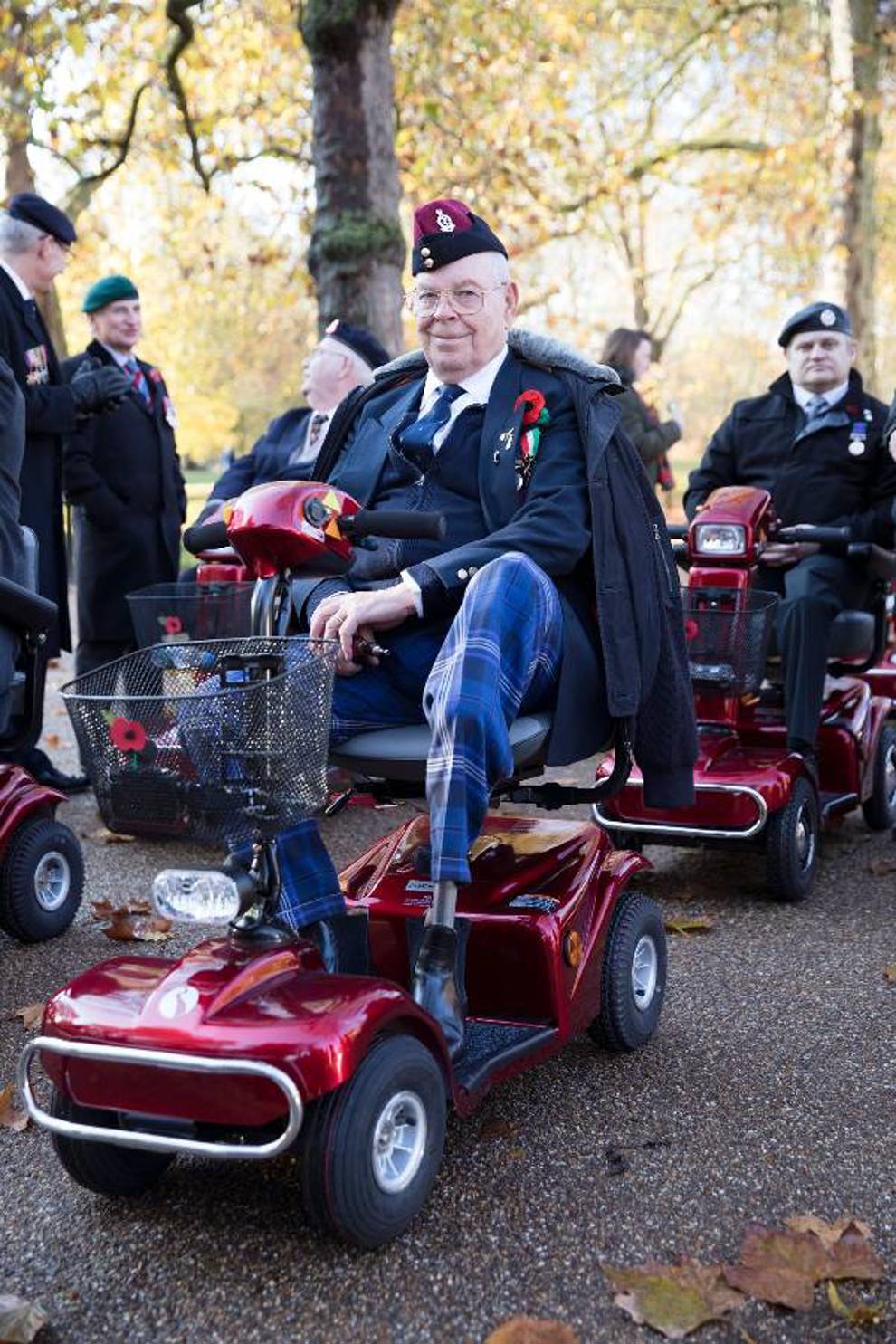A Remembrance Day assembly is an opportunity to teach your students about the significance of remembering those who have served and sacrificed their lives for our country. It’s also an opportunity to introduce younger pupils – KS1, KS2 and KS3 to the history of the First World War (WW1).
All the topics covered are suitable for primary and secondary school age children in the United Kingdom.
Remembrance Day Assembly Topics
Copy these topics to use in your own assembly PowerPoint presentation.
Slide 1 - Introduction
Remembrance Day is an important time for all of us to pause and reflect on the sacrifices of those who have served in the military for this country. It’s also a time for us to pay our respects to those who currently serve in the military.
Slide 2 - When is Remembrance Day?
Remembrance Day in the United Kingdom is officially on 11th of November. Remembrance Sunday is the day we come to commemorate as a nation, and will always be the first Sunday closest to the 11th of November. This year, Remembrance Sunday is on 9th of November.
Slide 3 - Why do we Remember on the 11th of November?
On the 11th of November, ‘The Armistice’ was signed to bring peace between Britain, France, Belgium, Germany and many other countries, resulting in the end of the First World War. As a result, we mark Remembrance every 11th of November.
Slide 4 - Who do we Remember on Remembrance Day?
On Remembrance Day we commemorate all those who have served for the Armed Forces, past and present. We use the opportunity to remember all those who have sacrificed their lives for the protection of the United Kingdom and the Commonwealth.
Slide 5 - How Do We Commemorate Remembrance Day?
In the United Kingdom, Remembrance Day is commemorated by taking a two-minute silence on the 11th of November at 11AM.
Across the country, many people will lay poppy wreaths at war memorials and hold a service to remember the fallen.
Various events will take place such as the Festival of Remembrance at the Royal Albert Hall and the Remembrance Day Parade in London on Sunday, 9th November.
A majority of war veteran charities, such as Blesma, The Limbless Veterans charity, will host fundraising events, such as The Frontline Walk to raise funds for war veterans who have suffered life-changing injuries.
Slide 6 - Two-Minute Silence
To remember the fallen and all those who serve for our country, many will mark a two-minute silence at 11AM on Remembrance Day. 11AM is chosen, as this is the time peace gradually started to fall upon the world after the First World War.

Slide 7 - Why do Poppies symbolise Remembrance Day?
Poppies were some of the only flowers to pop up out of the ground after battlefields in France and Belgium were left destroyed from warfare. Since then, the poppy has been used as a symbol of remembrance. During November, many people will buy and wear a poppy to remember the fallen.
Slide 8 - Memorials To The Fallen
Almost every city, town and village will have some form of war memorial to local soldiers who lost their lives during WW1 or WW2.
The most well known memorial to the fallen is The Cenotaph, which is a national war memorial located in central London, just around the corner from 10 Downing Street and Big Ben.
Slide 9 - Activities and discussion points for pupils
- Discuss why we should remember soldiers who’ve lost their lives
- Ask your pupils to write a poem about Remembrance Day, taking inspiration from “In Flanders Field” from John McCrae or “For the Fallen” by Laurence Binyon
- Research famous British war veterans such as Vincent Horton and Douglas Bader
- Research military charities who support war veterans
- Fundraise as a class during November for a war veteran charity
Are you interested in fundraising this November for Remembrance?
Blesma, The Limbless Veterans, is dedicated to assisting serving and ex-Service men and women who have suffered life-changing limb loss or the use of a limb, an eye or loss of sight in the honourable service of our country.
We can help
We are dedicated to assisting serving and ex-Service men and women who have suffered life-changing limb loss or the use of a limb, an eye or sight. We support these men and women in their communities throughout the UK. Click the link below to find out the different kinds of support we offer.
Get Support